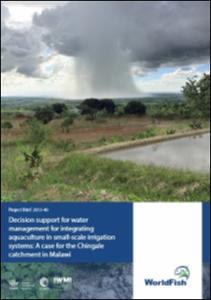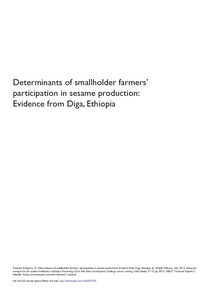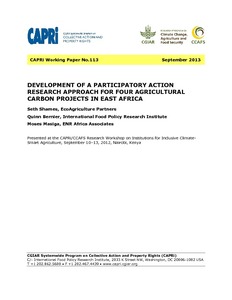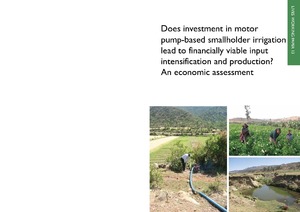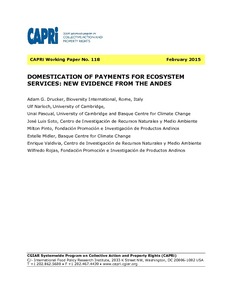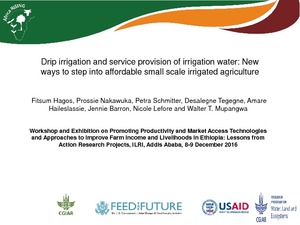Cultivating the desert: irrigation expansion and groundwater abstraction in northern state, Sudan
This study examines the socioeconomic features that underpin the expansion of groundwater-dependent irrigation in Northern State, Sudan. Groundwater development in the region serves as an economic lifeline given the poor Nile-based irrigation infrastructure and future changes in Nile hydrology. Groundwater-dependent irrigation is found to be expanding in previously uncultivated regions increasingly distant from the Nile.



